
US Government Proposes DRC-Style Minerals-For-Security Deal To AES

The United States is extending its controversial minerals-for-security strategy deeper into Africa, with Washington now proposing the same deal it proposed to the Democratic Republic of Congo (DRC) to the Alliance of Sahel States (AES), Burkina Faso, Mali, and Niger in exchange for military support against jihadist groups, according to officials and analysts.
Under President Donald Trump, the U.S. has moved away from aid suspensions imposed during Joe Biden’s administration. These suspensions stopped development and military assistance following successive coups across the Sahel between 2020 and 2023.
Instead, Washington is offering counterterrorism assistance and direct military support in return for access to the region’s rich deposits of gold, lithium, and uranium.
Trade, not aid is now truly our policy for Africa,” said Troy Fitrell, the State Department’s top official for African affairs, in Abidjan earlier this year.
In recent weeks, senior U.S. envoys, including Rudolph Atallah, Trump’s adviser on security and counterterrorism, and William B. Stevens, deputy assistant secretary for West Africa, visited Bamako, Ouagadougou, and Niamey. They pledged U.S. intelligence, equipment, and targeted operations against militant leaders, on condition that American firms secure investment opportunities in mining.
“Washington offered to kill the leaders of militant groups, in exchange for access to lithium and gold for American businesses,” said Ulf Laessing, head of the Sahel programme at Germany’s Konrad Adenauer Foundation.
Mali’s Foreign Minister Abdoulaye Diop welcomed the shift, describing it as a “convergence of viewpoints” between Bamako and Washington.
The proposed arrangement mirrors ongoing U.S. negotiations with the Democratic Republic of Congo. In Kinshasa earlier this year, U.S. Senior Adviser for Africa Massad Boulos confirmed talks with President Félix Tshisekedi on granting American companies access to cobalt, lithium, and other critical minerals in exchange for U.S. assistance against armed groups in the east.
Congo’s senator Moïse Nyarugabo initially floated the idea, highlighting the potential to swap mineral access for security guarantees. The DRC, home to some of the world’s largest cobalt reserves, has long been destabilised by armed groups such as the M23 rebels, which have displaced millions.
Washington sees securing mineral supply chains from both Congo and the Sahel as vital to countering Chinese dominance in global markets for electric-vehicle and clean-energy components.
However, that minerals-for-security deals risk replicating extractive arrangements that enrich foreign powers while leaving African communities marginalised. For AES states struggling with prolonged insurgencies, the promise of U.S. military support is appealing. Yet the broader question remains whether the countries can negotiate fairer terms, or whether these deals mark a return to resource-driven dependency.
Read Also: Niger’s Tchiani Appoints EU-Sanctioned Pan-African Activist Nathalie Yamb As Special Advisor
About The Author
Related Articles
Tinubu Follows Gumi’s Lead as Nigeria Signs Turkey Defence Deal, Fueling Speculation Over Who Really Controls the Country’s Security Policy
Nigeria’s diplomatic and security strategy is once again under scrutiny after a...
ByWest Africa WeeklyJanuary 28, 2026Burkina Faso President Ibrahim Traoré Reviews 2025 Achievements, Sets Ambitious Agenda for 2026
Burkina Faso’s President, Ibrahim Traoré, has described 2025 as a year of...
ByWest Africa WeeklyJanuary 28, 2026Mali Says Reports of New Three-State Sahel Currency Are False but Talks Continue on Economic Integration
Mali’s government has rejected claims that it and its neighbours, Burkina Faso...
ByWest Africa WeeklyJanuary 28, 2026CBN Upgrades Opay, Moniepoint, Kuda and Others to National Licences
The Central Bank of Nigeria has upgraded the operating licences of several...
ByWest Africa WeeklyJanuary 28, 2026


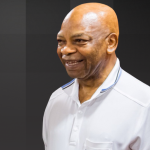

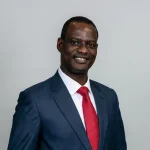



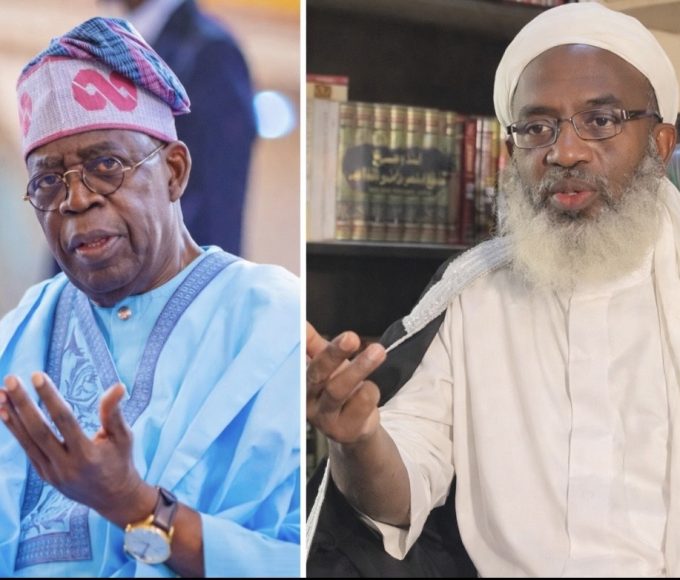

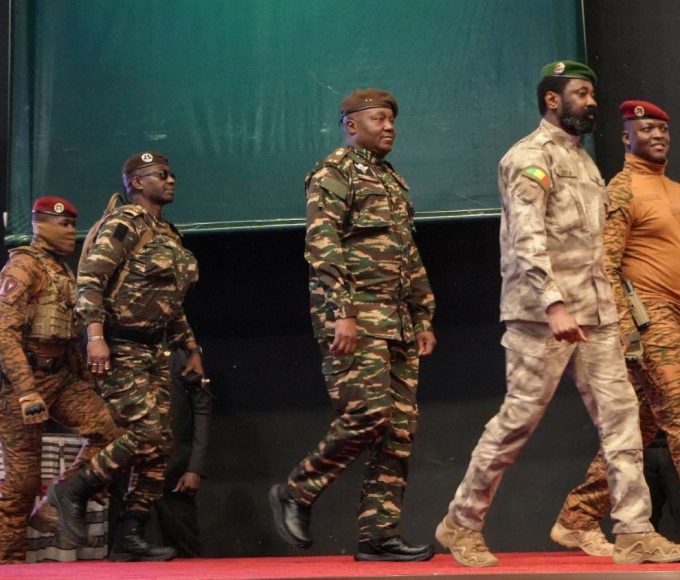
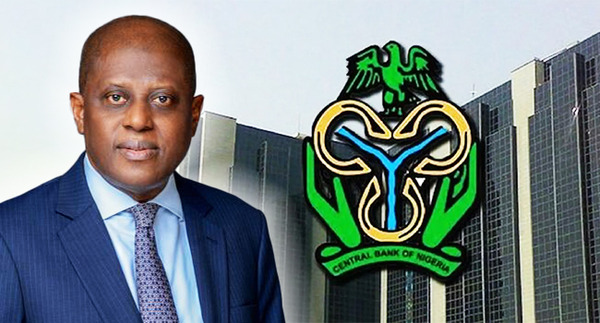
Leave a comment